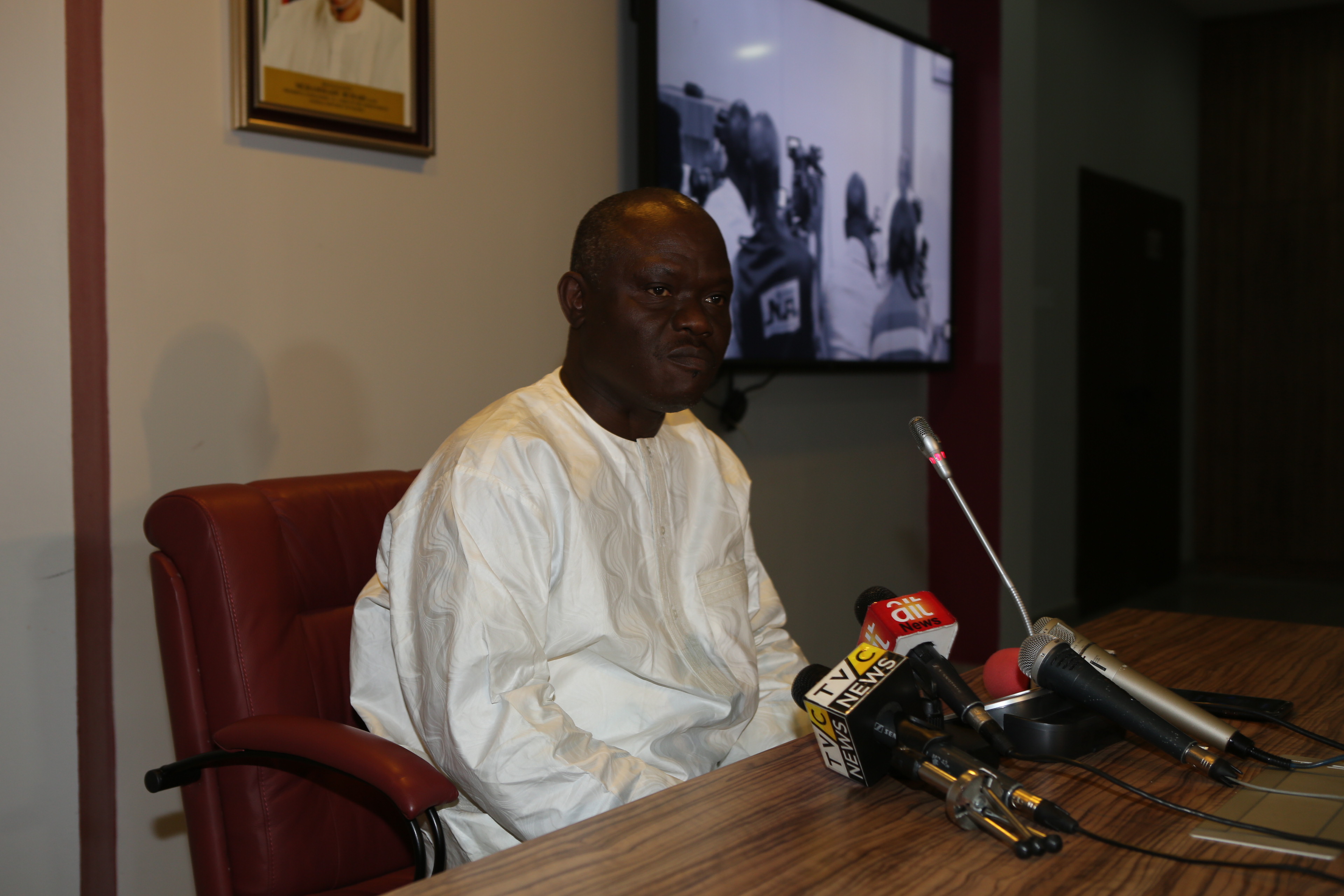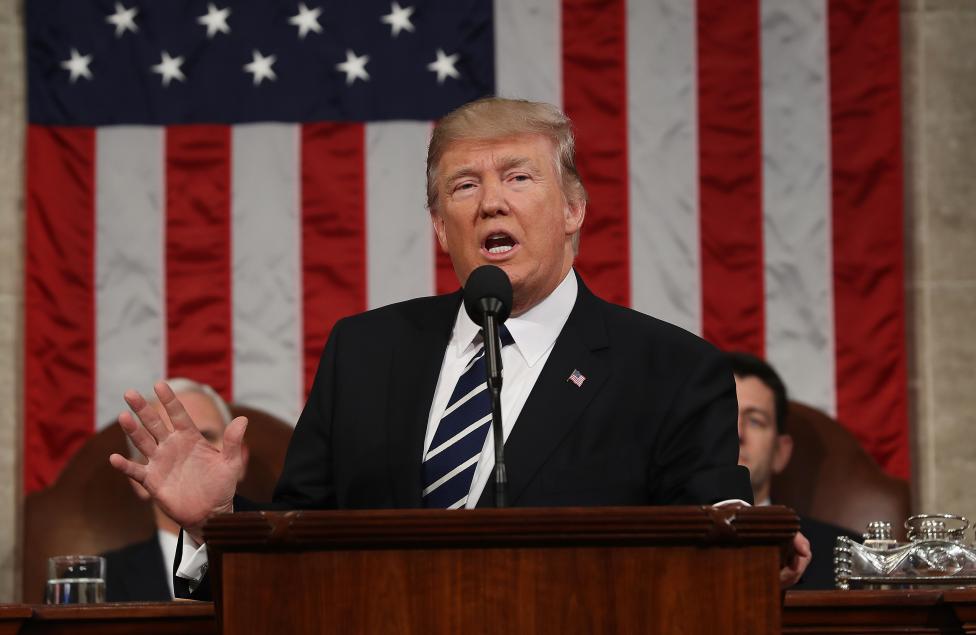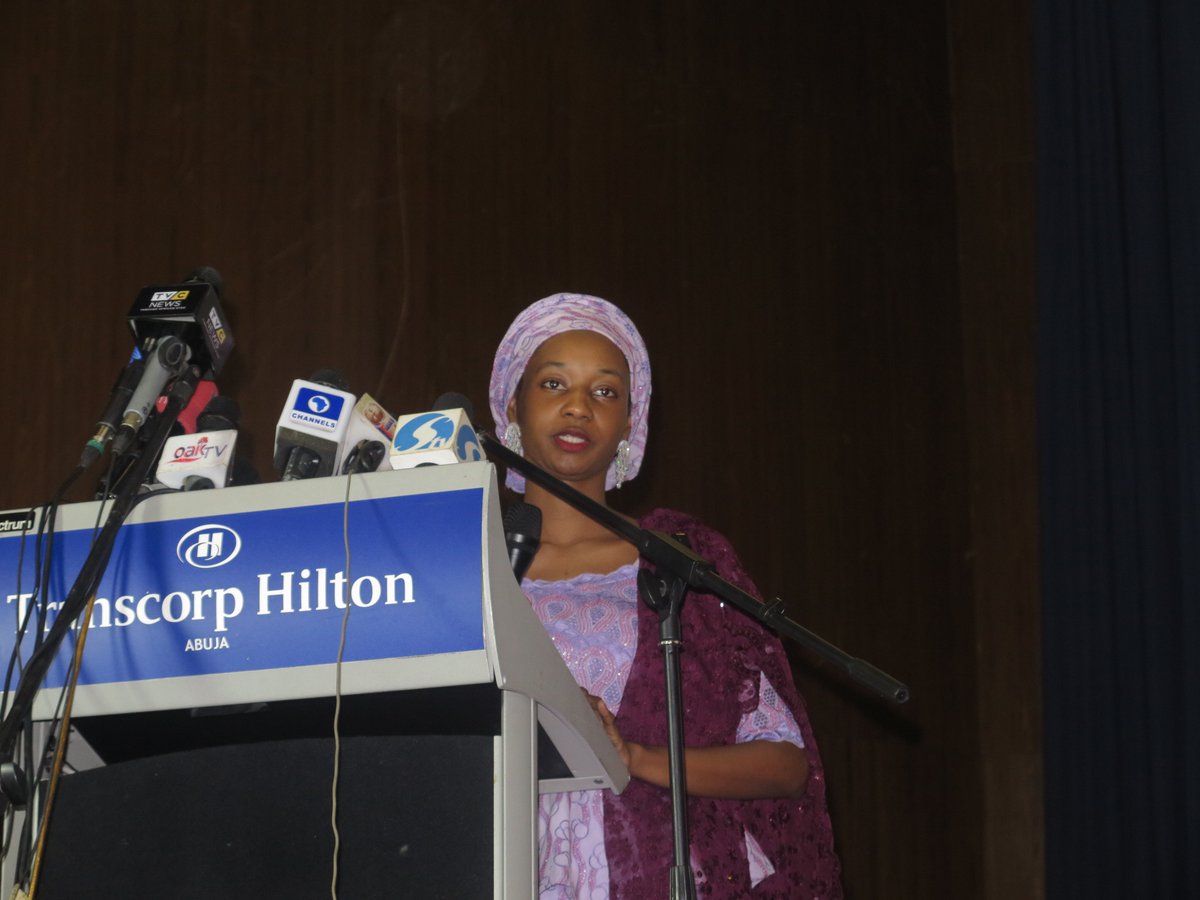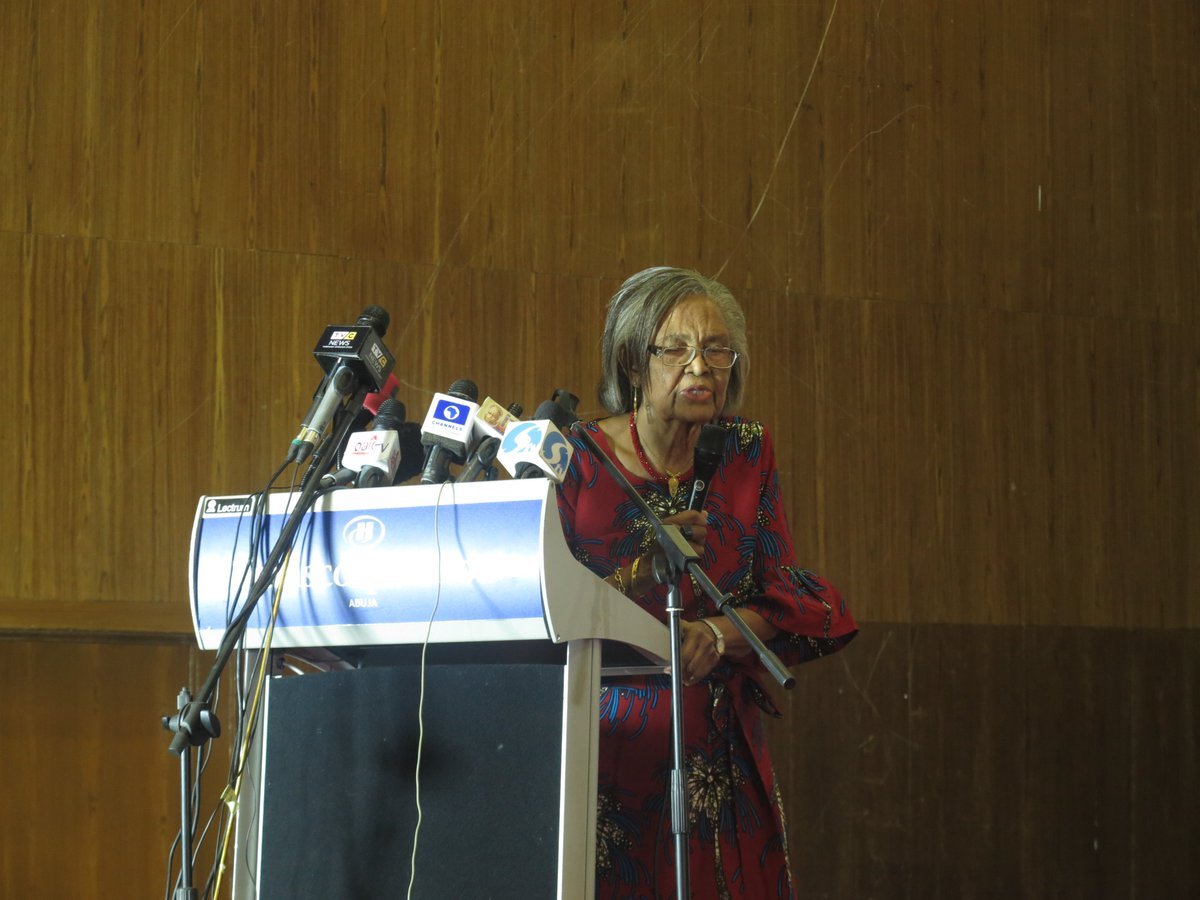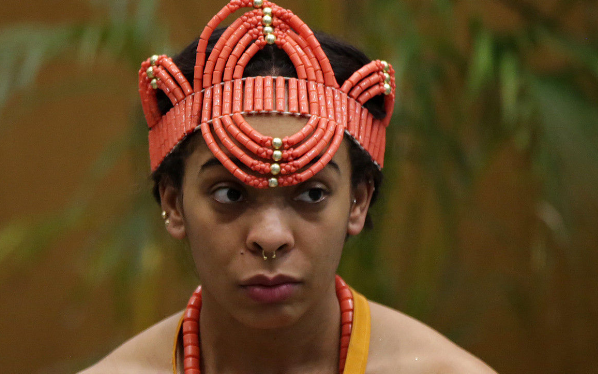Two years before he took his last breath, the news was all over social media that Gordon Obuah, former chief security officer (CSO) to ex-President Goodluck Jonathan, had died in detention.
A week to his arrest, the Department of State Service (DSS) had asked him report to its headquarters in Abuja on a daily basis.
This lasted for seven days until he was said to have been kept in solitary confinement. To protest his detention, he embarked on hunger strike.
Obuah served in the DSS.
Advertisement
Andrew Itsekiri, his lawyer, had raised the alarm over his health condition. Itsekiri said his client was diabetic and had “serious high blood pressure”.
The restriction of access to him could have triggered the reports of his death, but the secret police made him address a press conference.
“This morning, my attention was drawn to reports that I had died in detention and this has caused serious anxiety within the country,” he had said.
Advertisement
“I want to use this medium to thank Nigerians and members of my family who have expressed serious concern about my well being in the last six days. I want to use this medium to tell Nigerians and members of my family that I am hale and hearty.
“As a serving officer of the DSS and having completed my tour of duty as chief security officer to the last president, the service feels that I should give account of my tenure.
“Nigerians should should be assured that DSS is a very responsible organisation and I am sure that nothing adverse will happen to me once it is ascertained that I did nothing wrong.”
Obuah, who spoke for about three minutes, declined to take questions from reporters.
Advertisement
Jonathan appointed him in 2010, and he remained in the position until the end of the former president’s tenure.
He was dismissed from service after his ordeal in the agency.
Obuah was the one who expelled Ubale Musa, a correspondent of German Radio Deutsche Welle, from Aso Rock in the dying days of Jonathan’s administration.
The reporter had sought to verify from the visiting Chadian president, Idriss Derby, the truth of claims that South African mercenaries were helping in the fight against Boko Haram.
Advertisement
Add a comment
